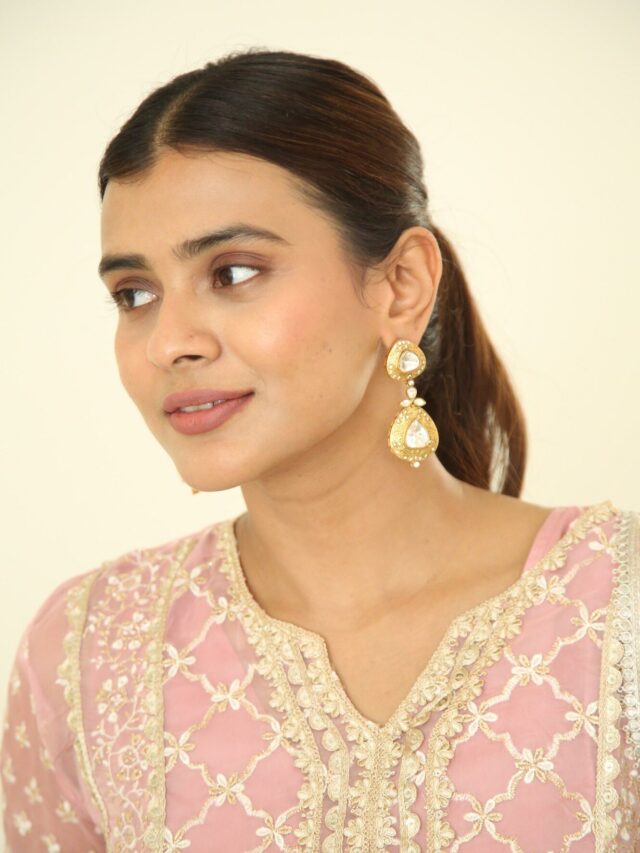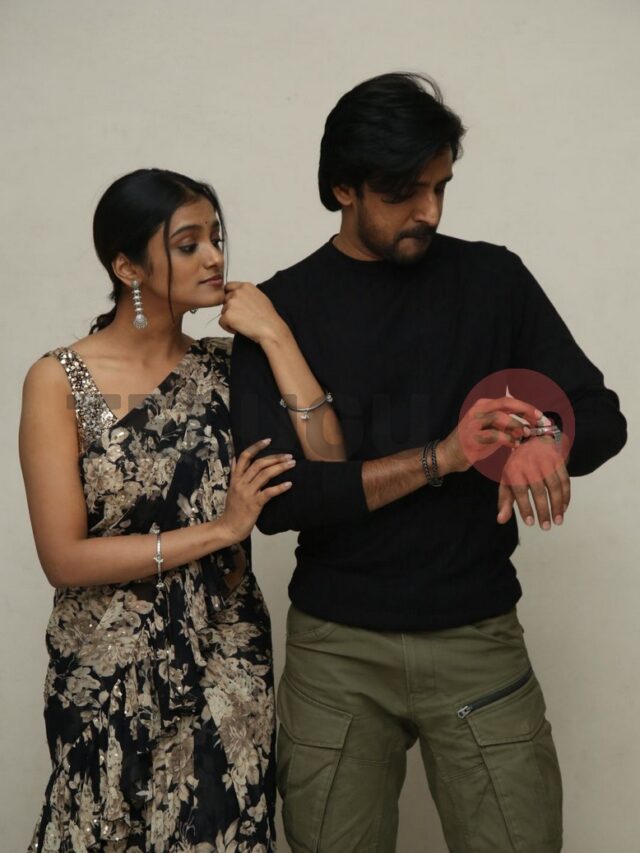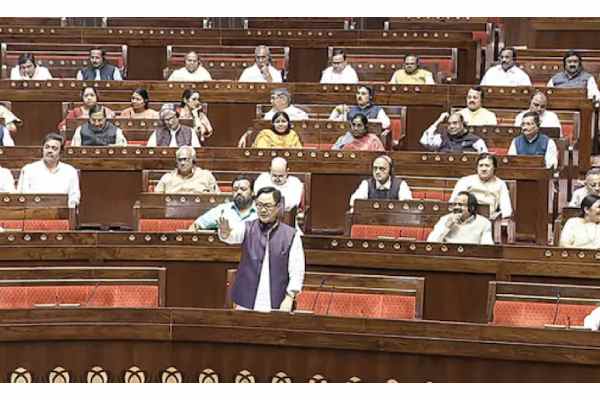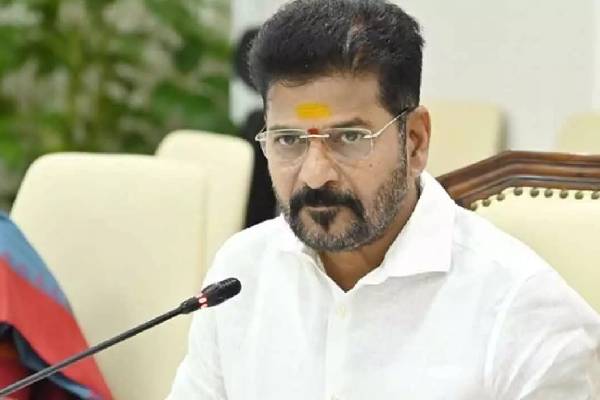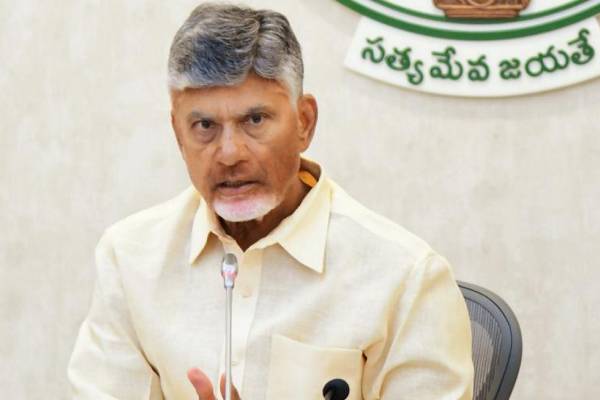Much to the delight of animal welfare advocates Supreme Court of India today stayed Central Government’s notification allowing Jallikattu in Tamil Nadu. The court has issued a notice too all states mentioned in notification dated Jan 7th to file a response, including Andhra Pradesh.
A bench led by Justice Dipak Misra issued notices to Centre and all state governments on issues raised by the organisations relating to use of animals for sports and other performances and sought replies within four weeks.
The bench said that in view of contentions raised, there has to be an interim order staying ‘Jallikattu’ till the points of law are decided by the apex court. Andhra Pradesh figures in the list for allowing the cockfights during Sankranthi days.
N G Jayasimha, member, Animal Welfare Board of India and managing director of Humane Society International/India who also petitioned the Supreme Court against MoEFCC’s notification allowing Jallikattu said, “We are delighted with the Supreme Court order. This is a huge victory for animals. We hope that the government of Tamil Nadu will follow this order and not allow Jallikattu to take place.”
On May 7th, 2014, Hon’ble Supreme Court of India had passed an order prohibiting all animal races and fights, thereby directing the Animal Welfare Board of India and the government to prevent infliction of unnecessary pain and suffering to animals and ensure that no animals are incited to fight against a human being or another animal. The MoEF&CC’s 7th January 2016 notification permitting events such as Jallikattu and bull races came despite a Supreme Court judgement that categorically held that the Government cannot allow Jallikattu, bull races or bullfights and cannot modify the notification dated 11 July 2011 (which banned forcing bulls to perform) without consulting the Animal Welfare Board of India (AWBI).
In December 2015, the AWBI advised the Ministry not to go against the Supreme Court judgment. The court had also ruled that cruelty is inherent in these events, as bulls are not anatomically suited for such activities. Making them participate is subjecting them to unnecessary pain and suffering, so such events were outlawed. The court also stated that when culture and tradition are at variance with the law enacted by Parliament, the law would take precedence.
When Jallikattu was permitted in the past under regulations, hundreds of human participants were injured each year and many were killed. In just four years, from 2010 to 2014, approximately 1,100 injuries to humans were reported by the media as a result of cruel and dangerous Jallikattu-type events, and 17 people died, including a child. Since these figures were taken from media reports currently available online, the actual figure is likely higher. Many human injuries also go unreported.

